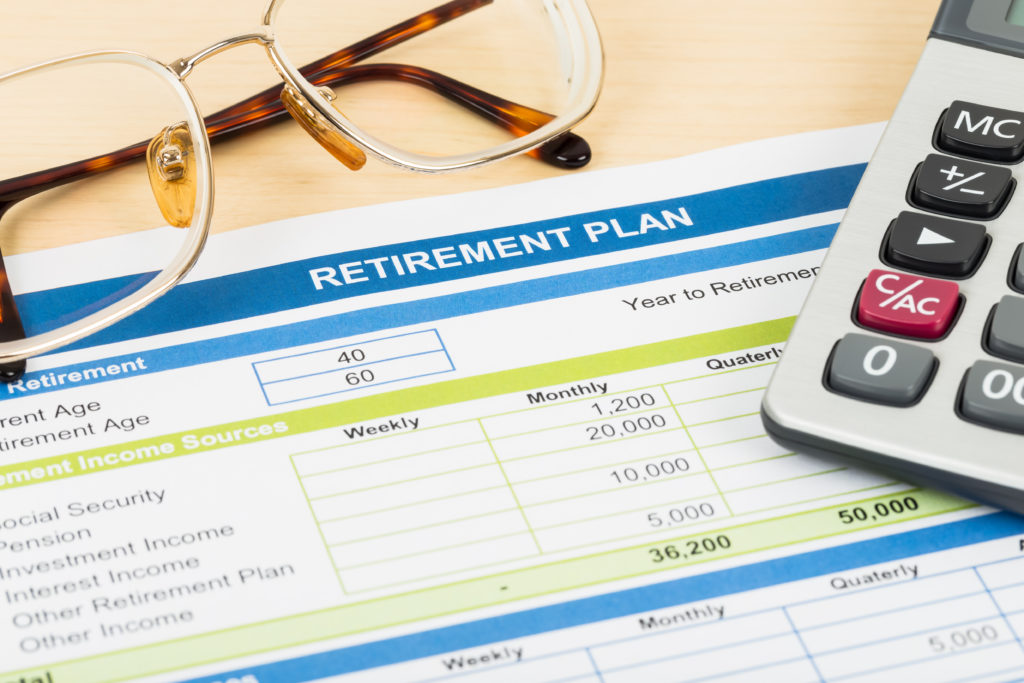Are RRSP contributions worth it at age 70?
Shirley wants to offset capital gains. Is it worth it?
Advertisement
Shirley wants to offset capital gains. Is it worth it?

 Also keep in mind that if you have large RRSPs in the first place, your income in your 70s and 80s could be much higher than it is now due to your annual RRIF withdrawals and adding to your RRSP may or may not be worth it.
Another consideration is that you can contribute to your RRSPs prior to converting them to RRIFs and you don’t need to claim the deduction in the year of contribution. RRSP contributions can be carried forward, including after your convert your RRSP to a RRIF. The carryforward of RRSP contributions can then be deducted in a future year to offset future income, Shirley.
A recent example of this is a client I work with who turned 71 and had money in a corporation. She was still working but winding down her business and retiring by age 72 or 73. We decided to make an RRSP contribution by December 31 of the year she turned 71 to be able to claim against her corporate withdrawals post-71. She would pull money out as dividends, claim the RRSP contribution carried forward, and be done with the ongoing complexity and costs of her corporation in her 70s.
RRSPs are great tools to shift income from a high-tax year to a low-tax year. This is true whether you’re 40 or 70. At 70, the tax deferral benefit is that much less, so you really want to be sure a late-life RRSP contribution is going to shift tax from a high-income year to a low-income year.
Ask a Planner: Leave your question for Jason Heath »
Jason Heath is a fee-only, advice-only Certified Financial Planner (CFP) at Objective Financial Partners Inc. in Toronto, Ontario. He does not sell any financial products whatsoever.
Also keep in mind that if you have large RRSPs in the first place, your income in your 70s and 80s could be much higher than it is now due to your annual RRIF withdrawals and adding to your RRSP may or may not be worth it.
Another consideration is that you can contribute to your RRSPs prior to converting them to RRIFs and you don’t need to claim the deduction in the year of contribution. RRSP contributions can be carried forward, including after your convert your RRSP to a RRIF. The carryforward of RRSP contributions can then be deducted in a future year to offset future income, Shirley.
A recent example of this is a client I work with who turned 71 and had money in a corporation. She was still working but winding down her business and retiring by age 72 or 73. We decided to make an RRSP contribution by December 31 of the year she turned 71 to be able to claim against her corporate withdrawals post-71. She would pull money out as dividends, claim the RRSP contribution carried forward, and be done with the ongoing complexity and costs of her corporation in her 70s.
RRSPs are great tools to shift income from a high-tax year to a low-tax year. This is true whether you’re 40 or 70. At 70, the tax deferral benefit is that much less, so you really want to be sure a late-life RRSP contribution is going to shift tax from a high-income year to a low-income year.
Ask a Planner: Leave your question for Jason Heath »
Jason Heath is a fee-only, advice-only Certified Financial Planner (CFP) at Objective Financial Partners Inc. in Toronto, Ontario. He does not sell any financial products whatsoever.
Share this article Share on Facebook Share on Twitter Share on Linkedin Share on Reddit Share on Email
I am 72 and wife is 70 years old. This year I have a consultancy job with foreign company and received consultancy fee monthly in my bank account in Canada. Can I contribute some income in spousal RRSP? Can she open RRSP account in the year she is turning 71.
I have large room of RRSP allowable as I did not contribute during my earlier years. I like to contribute maximum to defer the tax income.
2. In the year she turns 71, should the RRSP converted to RRIF? Can she continue the RRIF with the same self directed investment in stocks?
Please advise.
Due to the large volume of comments we receive, we regret that we are unable to respond directly to each one. We invite you to email your question to [email protected], where it will be considered for a future response by one of our expert columnists. For personal advice, we suggest consulting with your financial institution or a qualified advisor.
I am 69 years old living on Canada pension and old age pension and a couple of rental incomes.
I have just sold one property this year with a net gain of $225,000, I realize the taxable will be 50% of the capital gain, if I were to invest into an RRSP the said amount of the capital gain taxable, would that bring that capital gain taxable amount down to zero balance?
Thank you
Tim
Due to the large volume of comments we receive, we regret that we are unable to respond directly to each one. We invite you to email your question to [email protected], where it will be considered for a future response by one of our expert columnists. For personal advice, we suggest consulting with a qualified advisor.